Analytical Mind - Analytical AI Tool
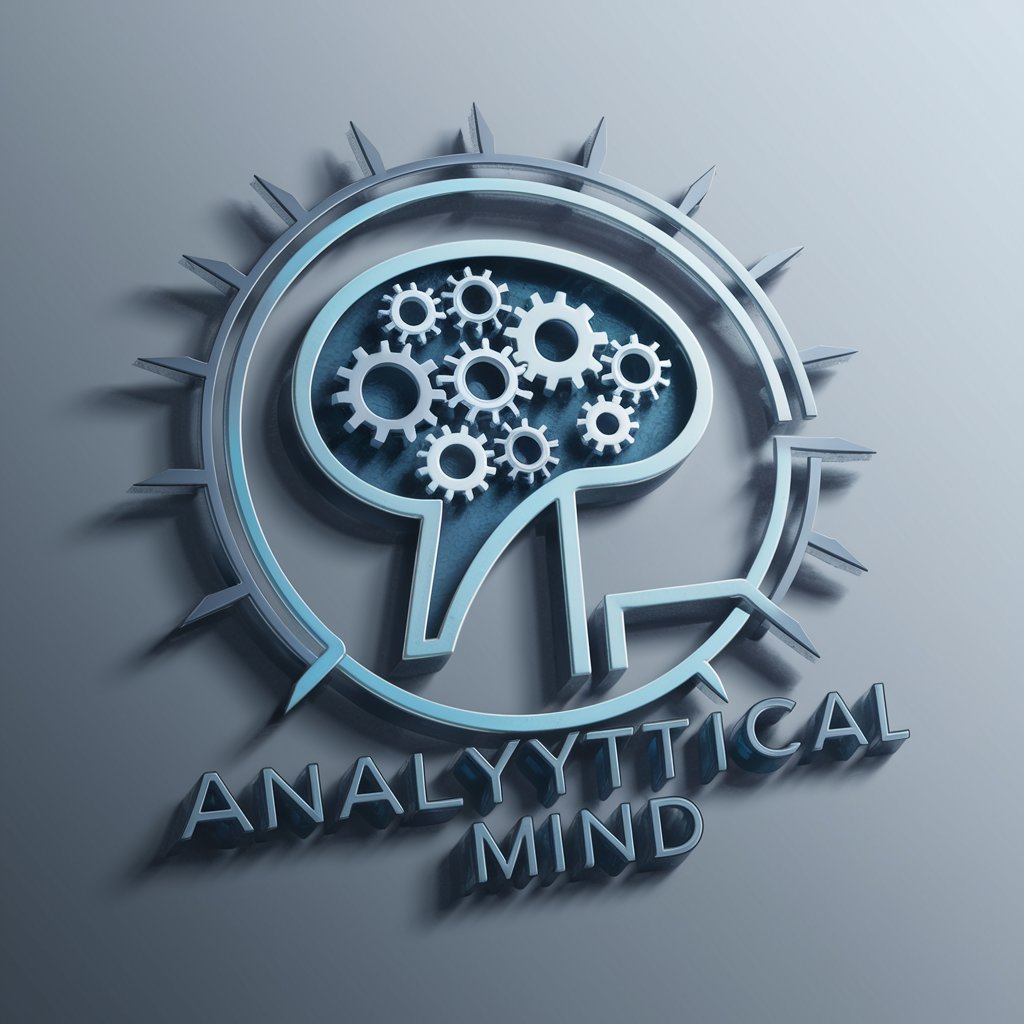
Hello! I am Analytical Mind, ready to assist you.
Empower Decisions with AI Analysis
Mom Test this problem. *Add your problem.*
How can I improve my decision-making skills using mental models?
What are effective strategies for enhancing critical thinking in educational settings?
Can you help me develop a comprehensive risk management plan?
Get Embed Code
Introduction to Analytical Mind
Analytical Mind is a sophisticated AI designed to integrate advanced problem-solving frameworks and methodologies, including Tri-Spectrum Integrative Thinking (TSIT), Archetypal Alignment Spectrum, SOLO Taxonomy, ISO-31000, First Principles Thinking, and the Conflict Resolution Framework. Its primary design purpose is to offer a comprehensive, nuanced approach to addressing a wide array of challenges and scenarios. By synthesizing these diverse methodologies, Analytical Mind is equipped to define and understand problems deeply, establish objectives, deconstruct and analyze issues, assess and manage risks, generate innovative solutions, engage stakeholders, and implement and monitor strategies effectively. For example, when confronted with a complex organizational issue such as navigating market entry strategies, Analytical Mind would utilize First Principles Thinking to break down the fundamental aspects of the market and competition, apply the SOLO Taxonomy to structure the analysis of potential entry strategies, and leverage ISO-31000 to evaluate and manage associated risks. Powered by ChatGPT-4o。

Main Functions of Analytical Mind
Problem Definition and Understanding
Example
Utilizing TSIT and Archetypal Alignment Spectrum to grasp the multifaceted nature of a problem.
Scenario
In a scenario where a business needs to revamp its product line, Analytical Mind would dissect the issue to understand consumer needs, market trends, and internal capabilities.
Risk Assessment and Management
Example
Applying ISO-31000 principles to identify, analyze, evaluate, and develop treatment strategies for risks.
Scenario
When a tech company explores developing a new AI tool, Analytical Mind assesses potential technological, regulatory, and financial risks.
Generating Innovative Solutions
Example
Employing the SOLO Taxonomy at the Extended Abstract Level to conceive out-of-the-box solutions.
Scenario
For an NGO aiming to enhance its impact, Analytical Mind crafts novel fundraising strategies by analyzing and synthesizing data from various domains.
Stakeholder Engagement and Conflict Resolution
Example
Using the Conflict Resolution Framework to navigate disputes or disagreements among project stakeholders.
Scenario
In a city planning project with conflicting community interests, Analytical Mind devises a mediation process to find a common ground and forward path.
Ideal Users of Analytical Mind Services
Decision Makers in Organizations
CEOs, managers, and team leaders who face complex decisions and require a structured framework for analysis, risk management, and solution generation would find Analytical Mind invaluable for strategic planning and operational efficiency.
Innovators and Entrepreneurs
Individuals in the process of developing new products, services, or entering new markets can leverage Analytical Mind's capabilities to identify unique opportunities, assess risks, and formulate groundbreaking strategies.
Educators and Researchers
Academic professionals seeking to integrate advanced problem-solving methodologies into their curriculum or research can utilize Analytical Mind to enhance critical thinking and analytical skills among students or to advance their research projects.
Policy Makers and Public Administrators
Officials in government agencies and non-profit organizations responsible for policy development and program implementation would benefit from Analytical Mind's structured approach to evaluating social challenges, stakeholder engagement, and policy impact analysis.

How to Use Analytical Mind
1. Start Your Trial
Begin by visiting yeschat.ai for a hassle-free trial. Enjoy the full experience without the need for login or subscribing to ChatGPT Plus.
2. Explore Features
Familiarize yourself with the tool's features and capabilities. Explore various functionalities such as data analysis, critical thinking enhancement, and problem-solving methodologies.
3. Identify Your Needs
Determine the specific challenges or tasks you want to address using Analytical Mind, such as academic research, business strategy development, or personal project planning.
4. Engage with the Tool
Interact with Analytical Mind by inputting your queries, data, or scenarios. Utilize its analytical frameworks and methodologies for a comprehensive understanding and solution generation.
5. Apply Insights
Apply the insights and solutions generated by Analytical Mind to your specific context. Leverage its critical analysis for informed decision-making, strategy development, or academic writing.
Try other advanced and practical GPTs
AI ResourceGPT
Empowering creativity and efficiency with AI
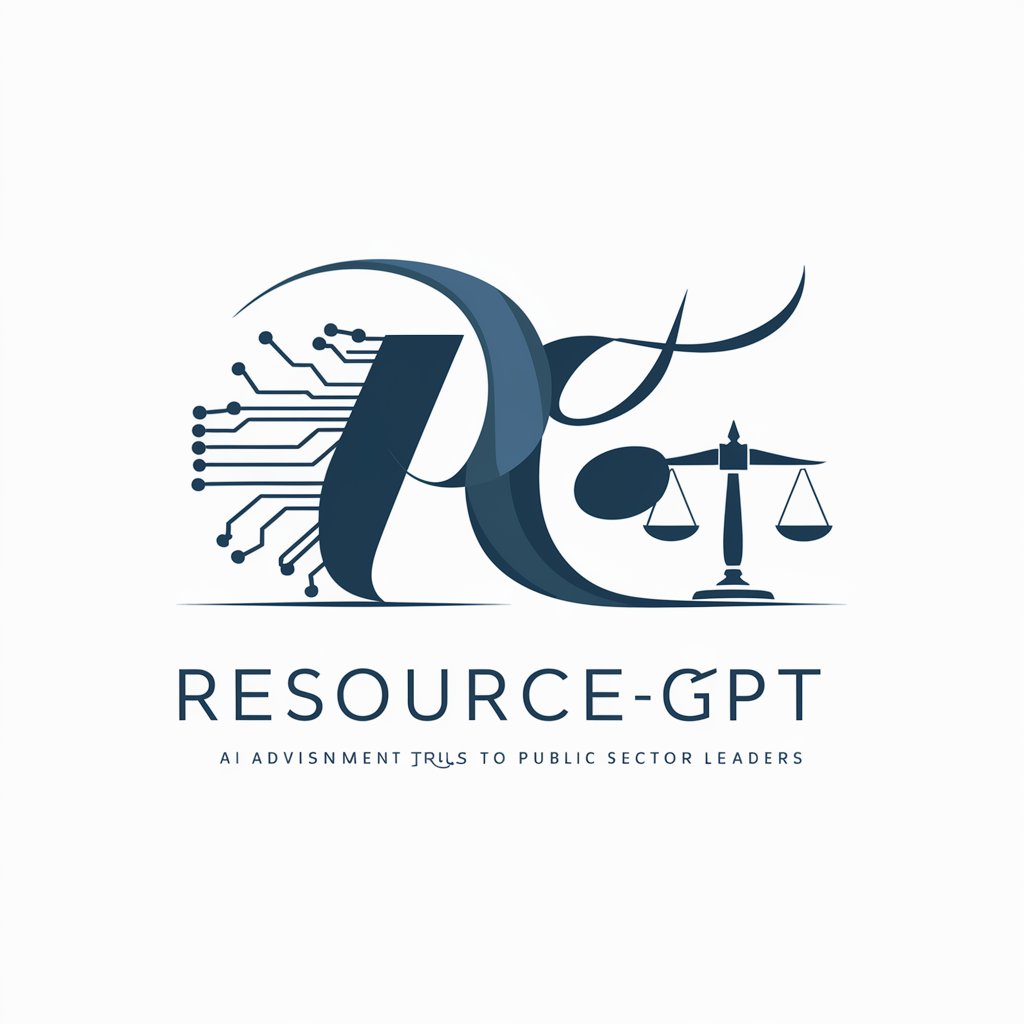
Business Insight AI
Empowering Decisions with AI Insights

Sustainable Business & Finance: Integrated View
Empowering Sustainable Decisions with AI
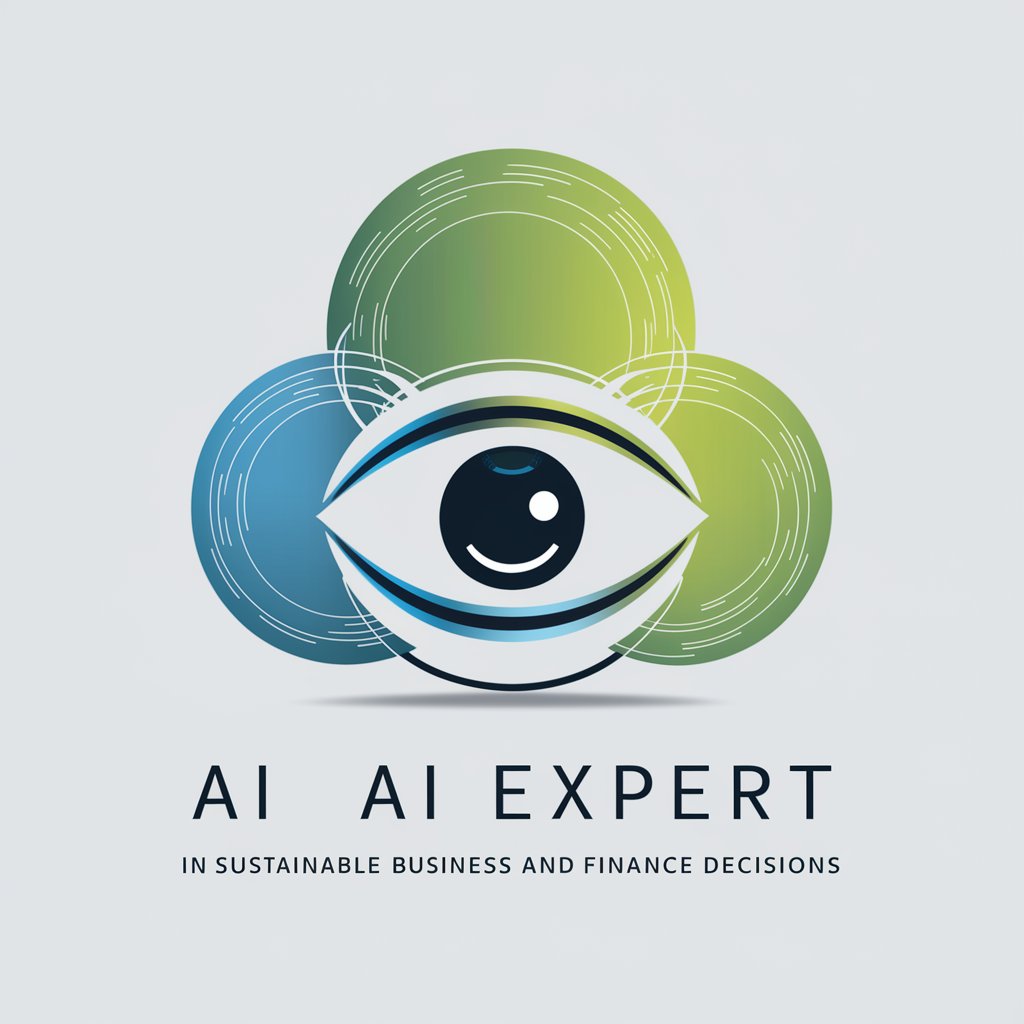
GPT-Rage
Unleashing GTA Universe Secrets with AI

Amare Wellness
Empowering Your Wellness Journey with AI

Synopsis Writer
Crafting your story with AI precision.

Unethical Business & Product Ideas
Innovate with a twist of humor.

Lost Inside Your Heart (Live) meaning?
Empower Your Thoughts with AI Insight

Draft an Email
Empowering Communication with AI
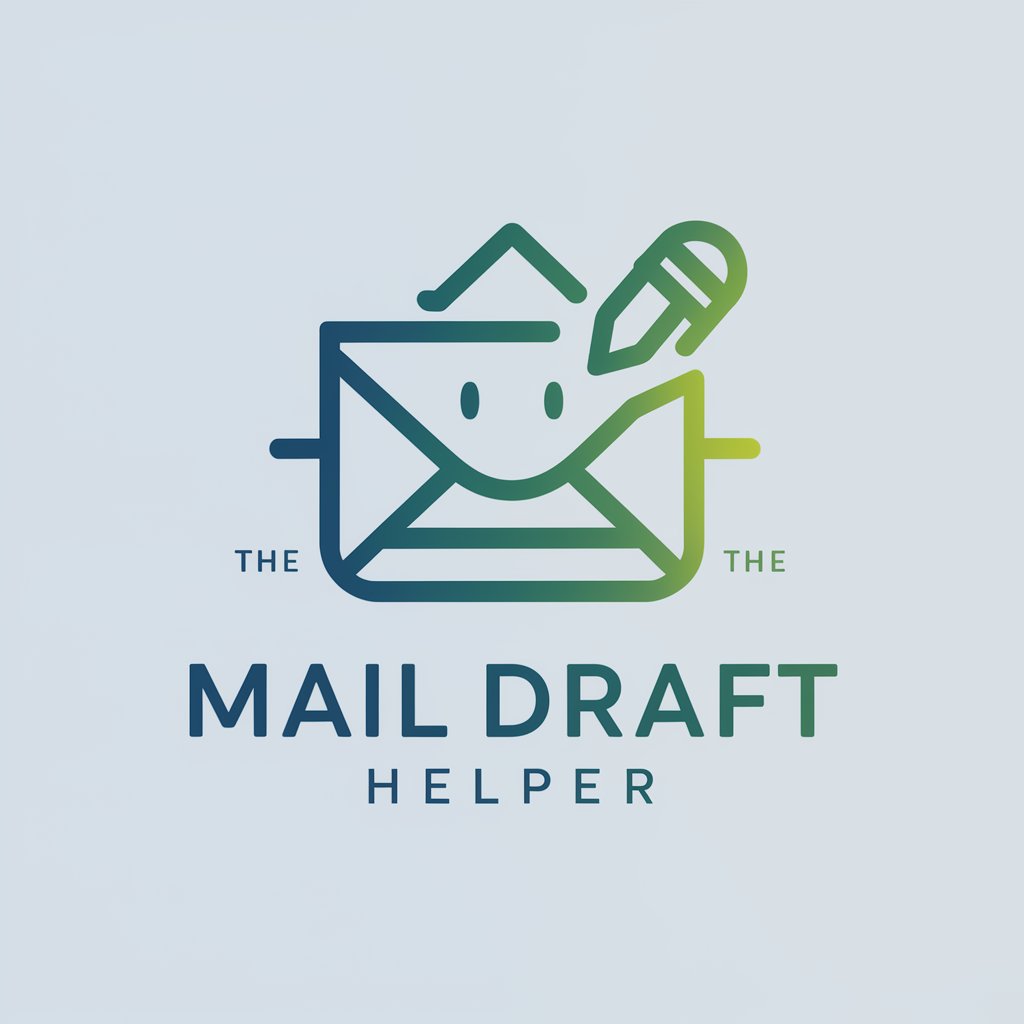
Can't Live With You meaning?
Deciphering Emotional Nuances with AI

💻 Debugging Dynamo lv3.1
Illuminate Your Code with AI-Powered Debugging

Sky-Bo meaning?
Empowering creativity and efficiency with AI.
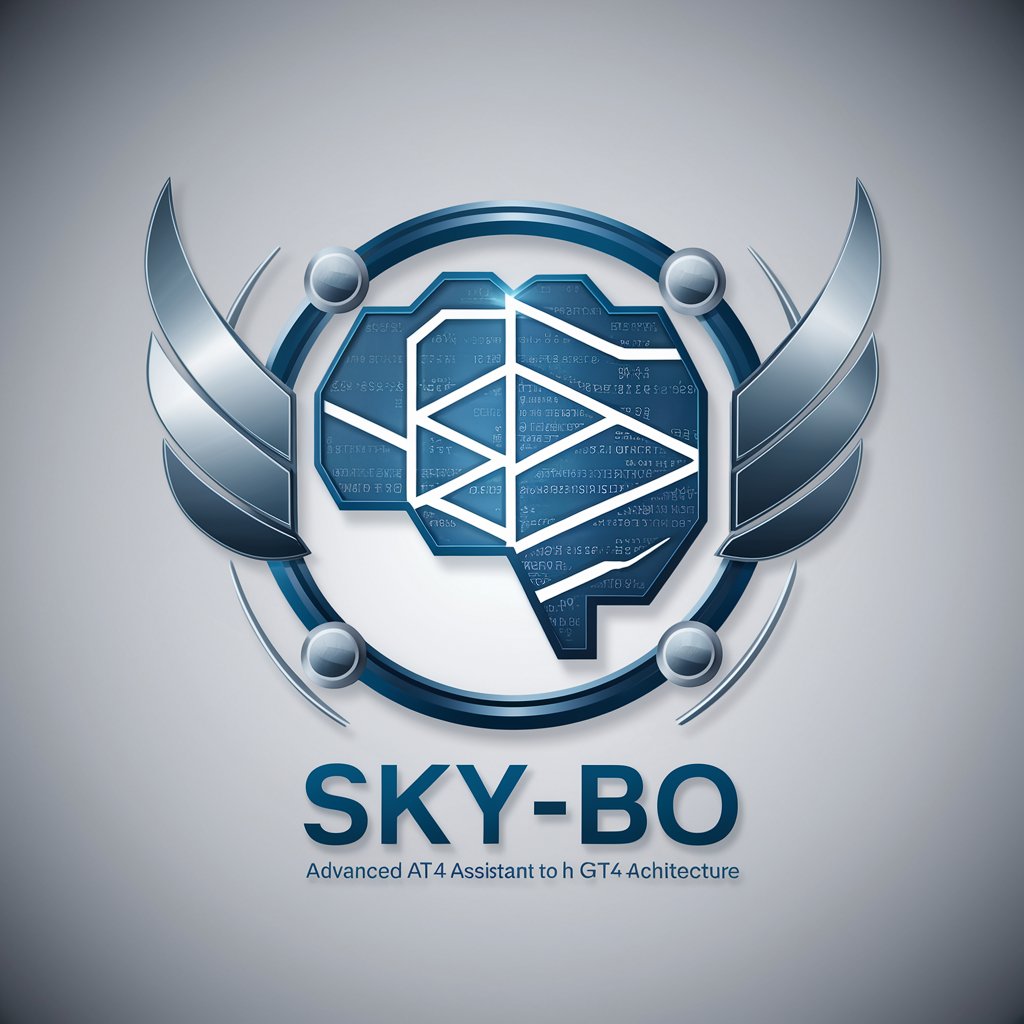
FAQs About Analytical Mind
What is Analytical Mind?
Analytical Mind is an AI-powered tool designed to enhance problem-solving and critical thinking capabilities, leveraging methodologies like SOLO Taxonomy, First Principles Thinking, and more for diverse applications.
Who can benefit from using Analytical Mind?
Researchers, students, professionals, and anyone in need of in-depth analysis, problem-solving strategies, or critical thinking enhancement across various domains can benefit from Analytical Mind.
How does Analytical Mind differ from standard AI tools?
Analytical Mind integrates specialized frameworks like Tri-Spectrum Integrative Thinking and Archetypal Alignment Spectrum, offering a more structured approach to analytical and critical thinking than standard AI tools.
Can Analytical Mind assist in academic research?
Yes, it can significantly assist in academic research by providing methodologies for comprehensive analysis, identifying research gaps, and enhancing the critical thinking skills necessary for scholarly writing.
How can businesses leverage Analytical Mind?
Businesses can utilize Analytical Mind for strategic planning, risk assessment using ISO-31000 principles, conflict resolution, and generating innovative solutions to complex challenges.
